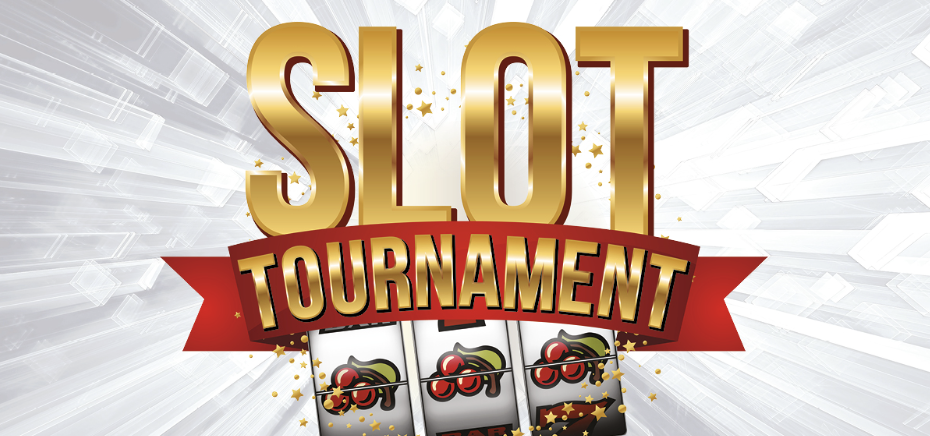
For many casino enthusiasts, the slot machine is the quintessential game of chance—a thrilling mix of colorful graphics, spinning reels, and the ever-present hope of a jackpot. But when it comes to maximizing entertainment and value for money, players face a critical choice: should they settle into regular slot play or dive into the adrenaline-fueled world of slot tournaments?
While both formats use the same foundational game mechanics, the way money is risked, prizes are awarded, and value is measured differ dramatically. Understanding these core distinctions is essential for any player looking to stretch their entertainment budget and strategically pursue wins. In the pursuit of maximizing game time and potential rewards, players continually weigh these options. Many popular gaming sites, like Vulkan Casino online, offer both options, making the strategic choice between the two formats a key part of the player experience today. This decision should ultimately be guided by your personal risk tolerance, preferred playing style, and overall financial goals.
The Mechanics of Traditional Slot Play
Regular slot play is straightforward and offers the purest form of the game. You place a wager on a spin, and any win or loss is immediately reflected in your personal bankroll. Your payout is directly tied to the game’s Return to Player (RTP) percentage and the specific symbols that land on the reels.
The appeal of this format lies in its flexibility and uncapped potential. You can stop or start at any time, change your bet size spin-by-spin, and chase the game’s highest possible payout, which often involves a large progressive jackpot.
The value proposition in regular slots is primarily determined by:
- RTP: A higher theoretical RTP (usually 92% to 97%) means better long-term value, as the machine keeps less of your money over time.
- Volatility: Low volatility offers frequent small wins (good for extending playtime), while high volatility means rare, large wins (good for jackpot hunting).
- Bet control: You have complete control over your budget and can adjust your risk level with every single spin.
Understanding Slot Tournament Dynamics
Slot tournaments transform the solitary spinning action into a competitive social event. In this format, players pay a fixed buy-in fee to receive a set amount of credits and a limited time frame (e.g., 15 minutes) to play a designated slot machine. The goal is not to win real money on each spin, but to accumulate the highest possible score using the given credits.
The scores are tallied on a leaderboard, and cash prizes are distributed among the top-ranking players. Because the payouts come from the communal buy-in pool, your prize is separated from the machine’s RTP.
How Value is Redefined in Tournaments
In a tournament, the concept of “value” shifts away from RTP and bankroll management toward a blend of skill (speed, efficiency) and prize pool structure.
Value in slot tournaments is calculated by:
- The Buy-In Cost vs. Potential Prize Pool: A small buy-in relative to a large prize pool indicates better potential value, especially if a significant portion of participants receive a payout.
- Credit Utilization: The best players can maximize their score by spinning as fast as possible to use every available credit within the time limit.
- Risk Mitigation: Since your real money is limited to the buy-in, your risk is capped. You cannot lose more than the entry fee, regardless of how many credits you spin through.
Value Comparison: Bankroll vs. Fixed Cost
When directly comparing the two formats, the choice boils down to how you prefer to manage risk and pursue reward.
Regular slots offer uncapped risk and uncapped reward. You might hit a jackpot or lose your entire budget quickly. The value is tied to your luck and the mathematical fairness of the game’s RTP.
Tournaments offer fixed risk and pooled reward. Your risk is defined by the buy-in, and your reward is dependent on beating other players, not the slot machine’s internal math. For a player seeking entertainment for a specific period without the risk of escalating losses, the tournament offers superior value control.
Here is a breakdown of the key value distinctions:
| Feature | Regular Slot Play | Slot Tournament |
| Cost & Risk | Variable; unlimited risk (can lose entire bankroll) | Fixed; risk is capped at the buy-in fee |
| Payout Source | Game’s RTP and random number generator (RNG) | Communal prize pool funded by player buy-ins |
| Goal | Hit a specific high-paying combination (jackpot) | Achieve the highest score within a time limit |
| Value Measure | High RTP, good bankroll management, favorable volatility | Low buy-in relative to the guaranteed prize pool |
| Pace | Relaxed; self-paced | Fast-paced; requires rapid, consistent spinning |
Strategic Selection for Maximum Enjoyment
Ultimately, neither format is universally “better”; they simply cater to different preferences and goals. The savvy player chooses the format that best fits their mindset for that session.
If you are a traditionalist who enjoys the pure rush of chasing massive payouts and trusts the mathematics of RTP, regular slot play is for you. You value the freedom to walk away at any moment and control your spending spin-by-spin.
If you are a competitive, budget-minded player who enjoys competition and guaranteed playtime, slot tournaments offer superior value. They provide hours of entertainment for a fixed fee and a clear path to winning prizes based on skill and consistency against other players.
Before your next session, take a moment to assess your mood and bankroll limits. Are you seeking a long, controlled challenge or an intense, high-risk pursuit of a life-changing win? Choose your format with intention. By aligning your strategy with the game’s structure, you ensure your time and money are spent exactly how you want them to be.



